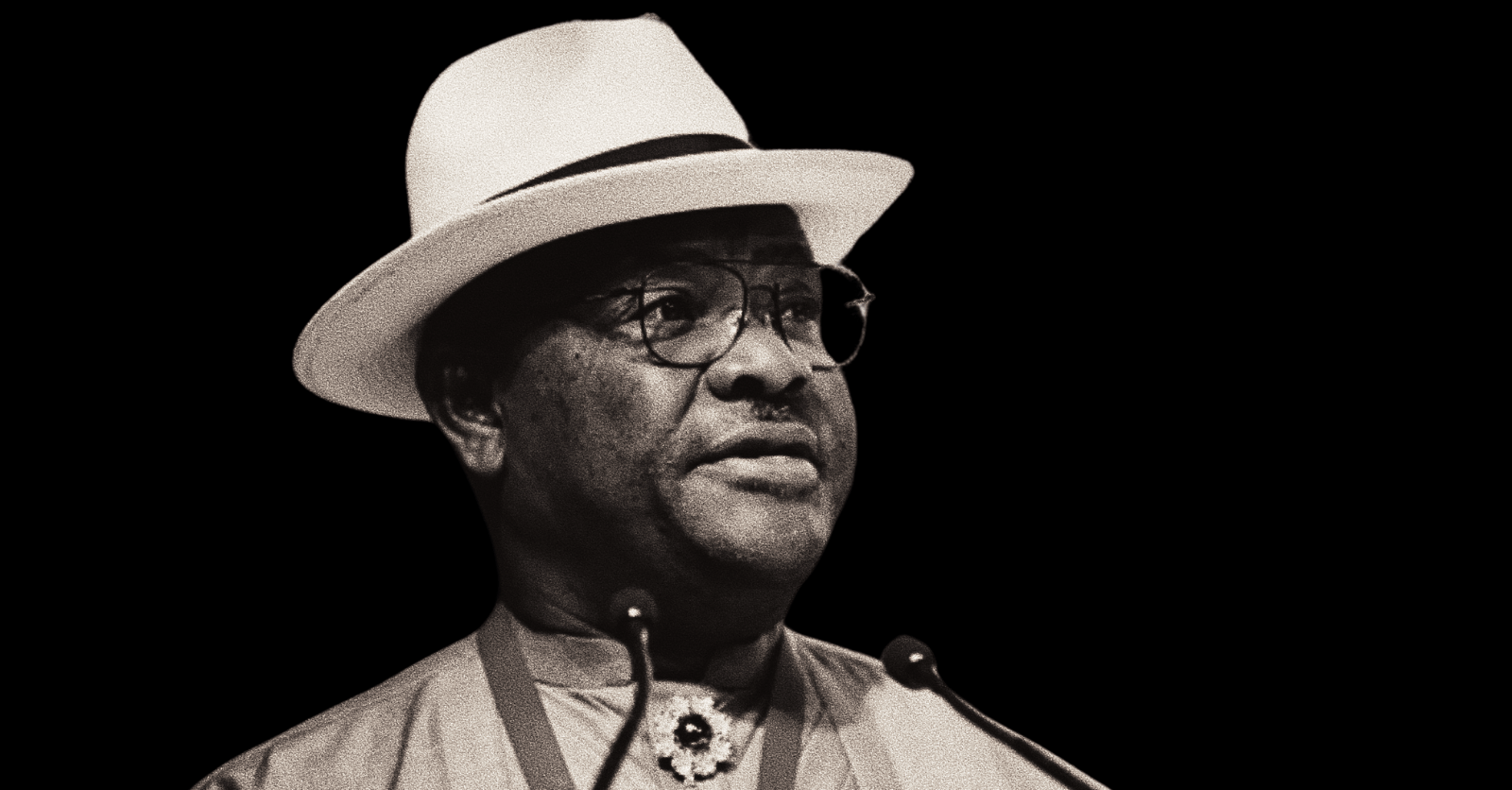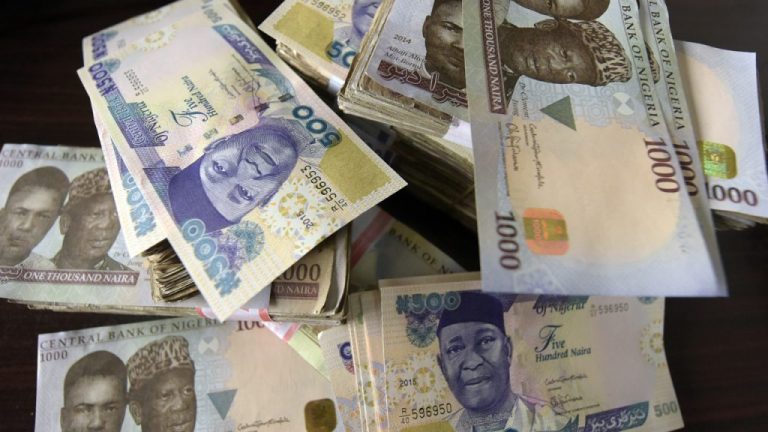The Central Bank of Nigeria (CBN) has disbursed a total of $1.26 billion to oil sector operators for the importation of petroleum products and related materials in the first quarter of 2025.
This release comes as fuel marketers continue to import petrol despite the availability of refined products from the Dangote Refinery.
Fresh data from the Nigerian Midstream and Downstream Petroleum Regulatory Authority (NMDPRA) shows that petroleum marketers imported about 69 percent of the 21 billion litres of petrol consumed in Nigeria between August 2024 and early October 2025.
Between January and March 2025, a total of 2.28 billion litres of petrol were imported — one of the lowest quarterly import figures in recent years — reflecting a gradual shift toward local refining and blending of petroleum products.
According to figures from the CBN’s quarterly statistical bulletin, $457.83 million was released in January 2025, accounting for 36.2 percent of the total amount disbursed. This dropped to $283.54 million in February (22.5 percent) before rebounding to $517.55 million in March (41.3 percent).
NMDPRA data further showed that imports stood at 724.5 million litres in January, 760 million litres in February, and 803.7 million litres in March.
Fuel importation remains one of the major consumers of Nigeria’s foreign exchange, impacting both the nation’s reserves and the naira’s value against the dollar.
The struggle for market dominance between the Dangote Petroleum Refinery and fuel-importing marketers has intensified in recent months. While some marketers continue to import products, the Dangote Refinery has been exporting petrol to several countries, including the United States, despite having the capacity to meet local demand.
For most marketers, price remains the deciding factor when choosing between local and imported fuel.
Chinedu Ukadike, the National Publicity Officer of the Independent Petroleum Marketers Association of Nigeria (IPMAN), explained that the decision always comes down to economics.
“In this business, pricing is everything,” he said. “Marketers will always buy from the cheapest source because profit margins are very thin. If imported products are cheaper, we’ll buy from importers. But if Dangote offers a better deal, we’ll buy locally.”
He added that the price difference between imported and locally refined products fluctuates with global oil prices, exchange rates, and government policies.
Read Also;
Fuel scarcity worsens in Sokoto despite PENGASSAN strike suspension
“No marketer can afford to be sentimental when it comes to survival,” Ukadike added.
Meanwhile, the latest Energy Bulletin from the Major Energies Marketers Association of Nigeria (MEMAN) shows a further decline in the estimated import parity price of key petroleum products, largely due to pressure from global oil prices and exchange rate movements.
According to the report, the estimated import parity price of Premium Motor Spirit (petrol) has dropped to ₦805.46 per litre at the spot rate.




